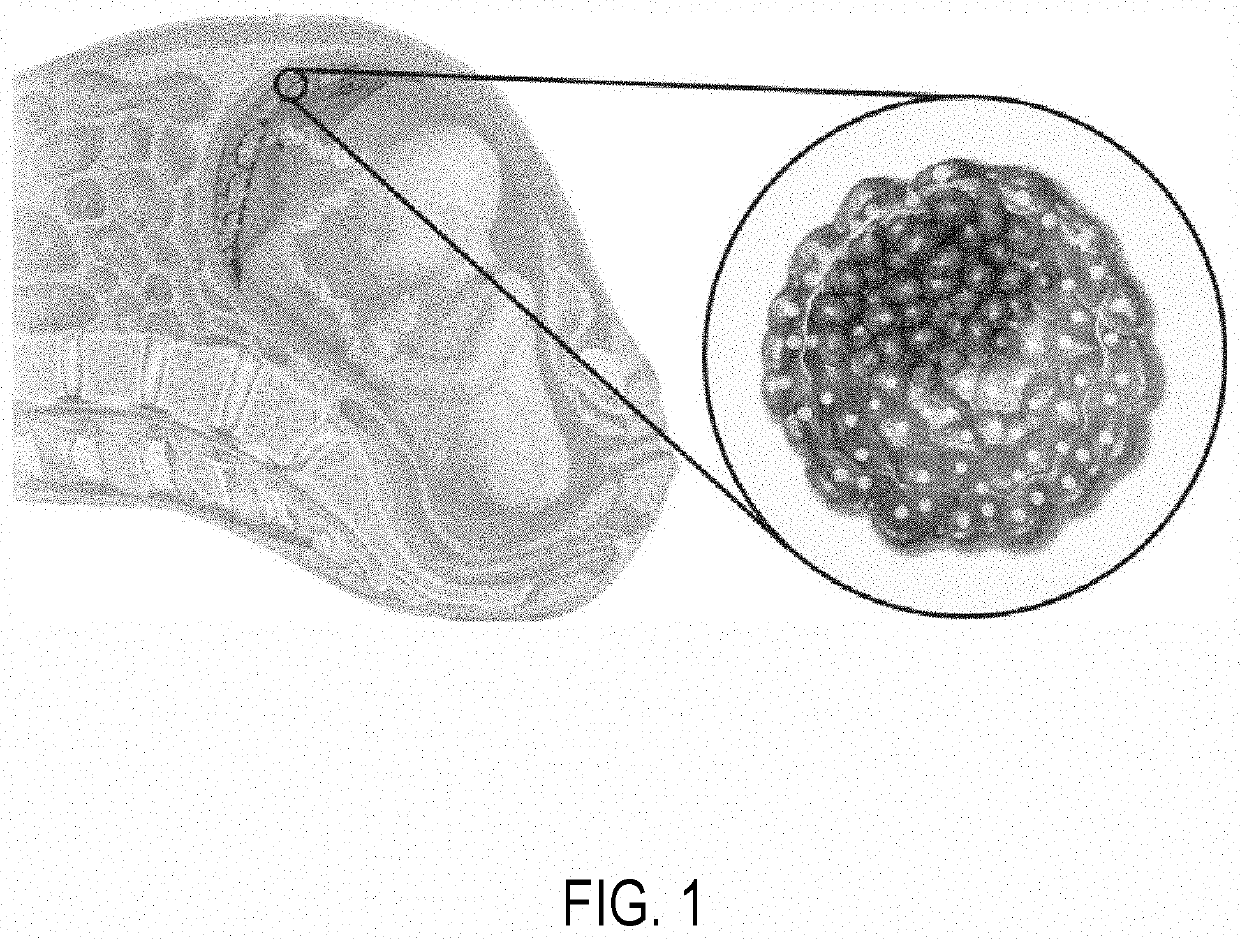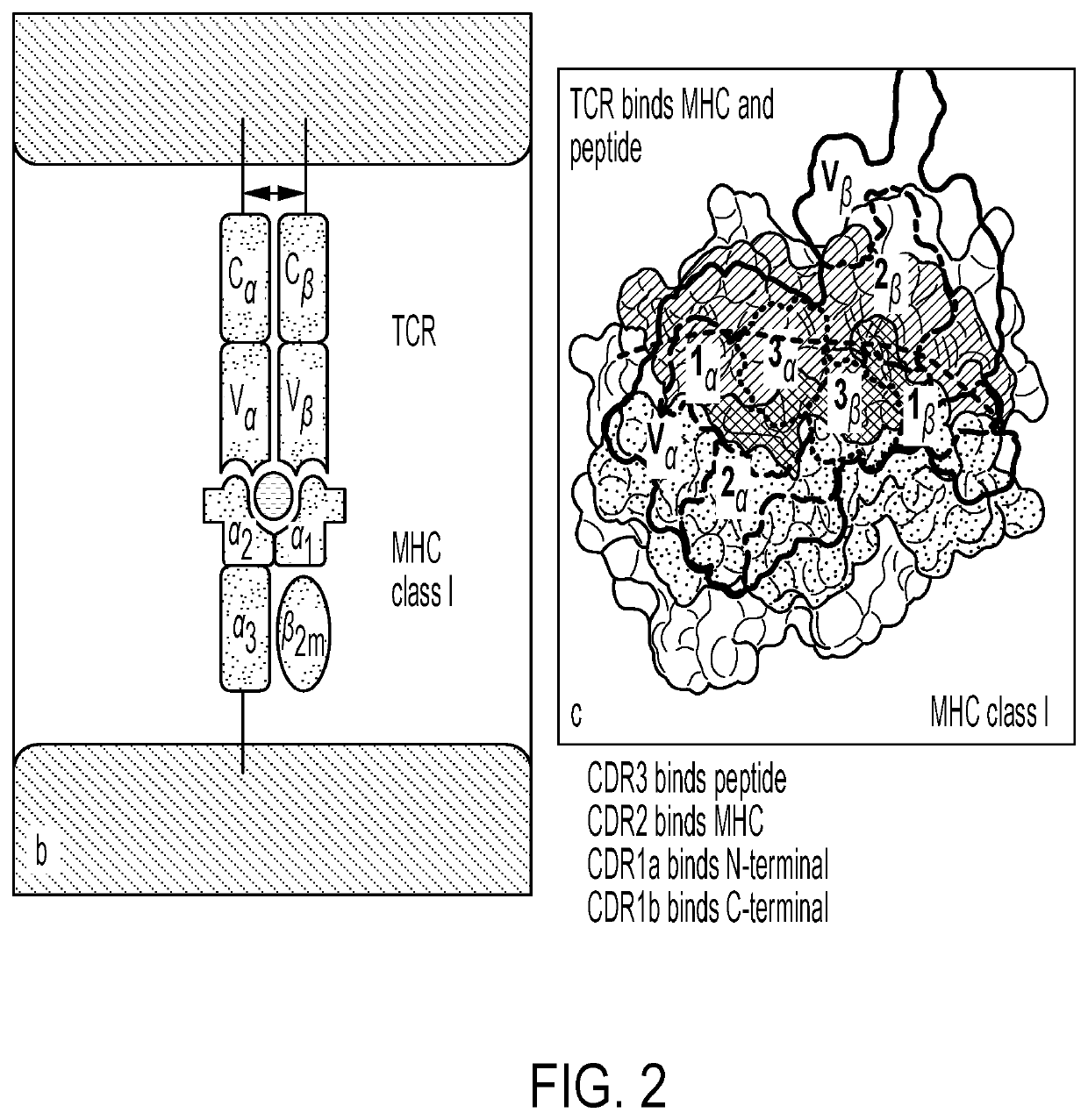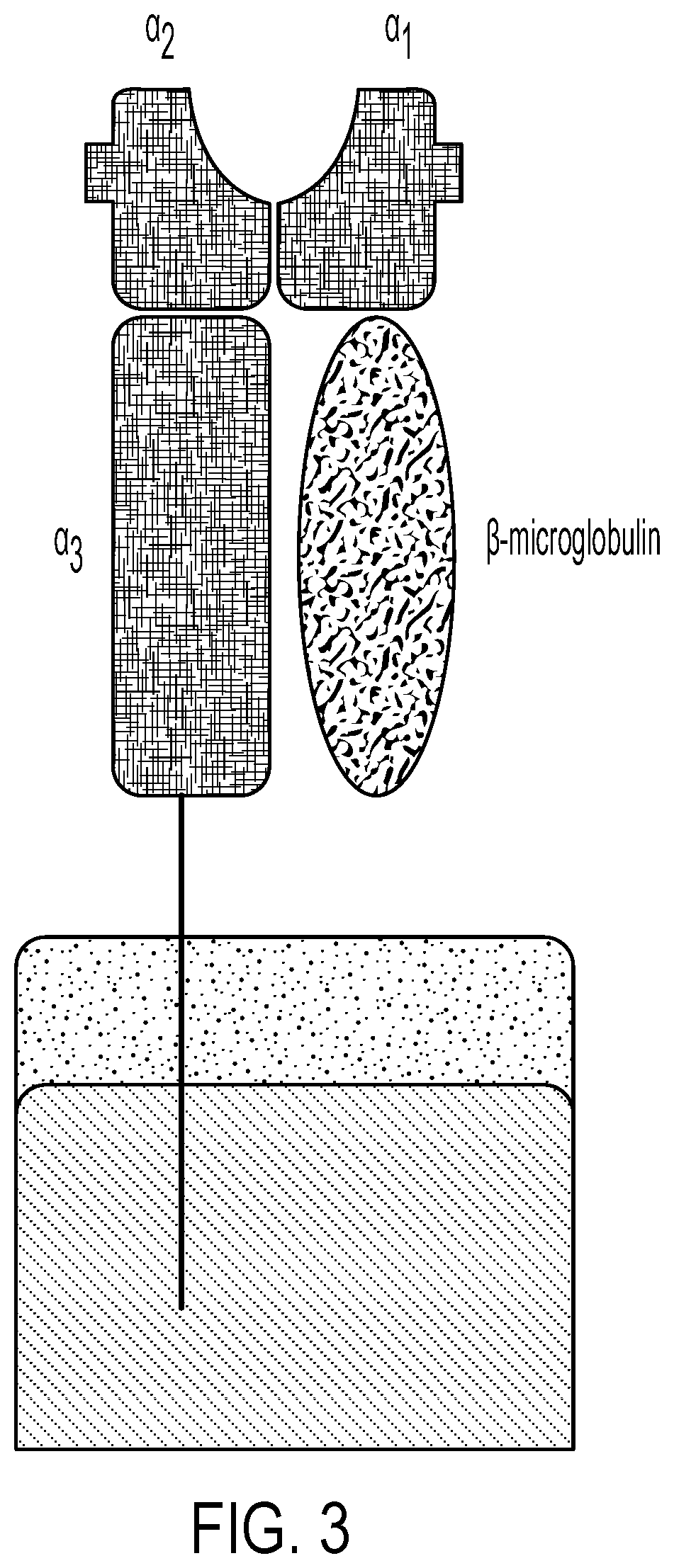Personalized cells, tissues, and organs for transplantation from a humanized, bespoke, designated-pathogen free, (non-human) donor and methods and products relating to same
a technology of personalization and organs, applied in the field of personalization of cells, tissues, organs for transplantation from a humanized, bespoke, designated-pathogen-free, non-human donor, can solve the problems of lack of functional reprogrammed swine, and achieve the effects of reducing the extent of, reducing the causative, immunological disparities, and increasing the likelihood of transplantation
- Summary
- Abstract
- Description
- Claims
- Application Information
AI Technical Summary
Benefits of technology
Problems solved by technology
Method used
Image
Examples
example 1
DPF Closed Colony Skin Graft (Monkey Studies)
[0665]It has been discovered that skin grafts derived from a DPF Closed Colony, α-1,3-galactosyltransferase [Gal-T] knockout pigs produced in accordance with the present invention exhibit significantly longer rejection times than skin grafts derived from α-1,3-galactosyltransferase [Gal-T] knockout pigs but that were not derived from DPF Closed Colony pigs.
[0666]Numerous prior studies evaluating rejection time of α-1,3-galactosyltransferase [Gal-T] knockout pigs (not derived from a DPF Closed Colony) on monkeys show rejection times in the range of 11-13 days. See, e.g., Albritton et al., Lack of Cross-Sensitization Between alpha-1,3-Galactosyltransferase Knockout Porcine and Allogeneic Skin Grafts Permits Serial Grafting, Transplantation & Volume 97, Number 12, Jun. 27, 2014, (Gal-T-KO skin grafts on recipient baboons fully rejected by 12 or 13 days); Barone et al., “Genetically modified porcine split-thickness skin grafts as an alternati...
example 2
[0696]The following example provides a description of a process of harvesting and processing skin from a genetically reprogrammed swine produced in accordance with the present invention, with the skin to be used as a xenogeneic skin product for human transplantation. In some of these aspects, the xenotransplantation product consists of split thickness grafts consisting of dermal and epidermal tissue layers containing vital, non-terminally sterilized porcine cells derived from specialized, genetically reprogrammed, Designated Pathogen Free (DPF), source animals.
[0697]In one aspect, the genetically reprogrammed source animal is any genetically reprogrammed animal described in the present disclosure. In one non-limiting aspect, the genetically engineered source animals in this example do not contain any foreign, introduced DNA into the genome; the gene modification includes a knock-out of a single gene that was responsible for encoding for an enzyme that causes ubiquitous expression of...
example 3
[0814]Porcine skin shares fundamental properties with human skin and represents a potential alternative to human cadaver skin grafts for temporary coverage of severe burns. The impact of extended cryopreservation on porcine grafts on graft viability, graft take, and barrier function was examined in a study using a model of MHC matched and mismatched MHC Class II skin transplants.
[0815]Cellular viability was assessed using formazan-MTT and the biological properties of the grafts, were assessed by grafting on swine recipients. To complement the in vivo clinical assessments, histologic, and morphologic analyses, a series of MTT-reduction assays were performed to evaluate the residual viability of porcine grafts after cryopreservation and long-term storage. Mitochondria reduce MTT into a formazan metabolite, which can be observed as purple hue. Harnessing this phenomenon, an analysis of changes in optical density values measured by a spectrophotometer, or an interpolation of the quantit...
PUM
| Property | Measurement | Unit |
|---|---|---|
| antibody titers | aaaaa | aaaaa |
Abstract
Description
Claims
Application Information
 Login to View More
Login to View More - R&D
- Intellectual Property
- Life Sciences
- Materials
- Tech Scout
- Unparalleled Data Quality
- Higher Quality Content
- 60% Fewer Hallucinations
Browse by: Latest US Patents, China's latest patents, Technical Efficacy Thesaurus, Application Domain, Technology Topic, Popular Technical Reports.
© 2025 PatSnap. All rights reserved.Legal|Privacy policy|Modern Slavery Act Transparency Statement|Sitemap|About US| Contact US: help@patsnap.com



